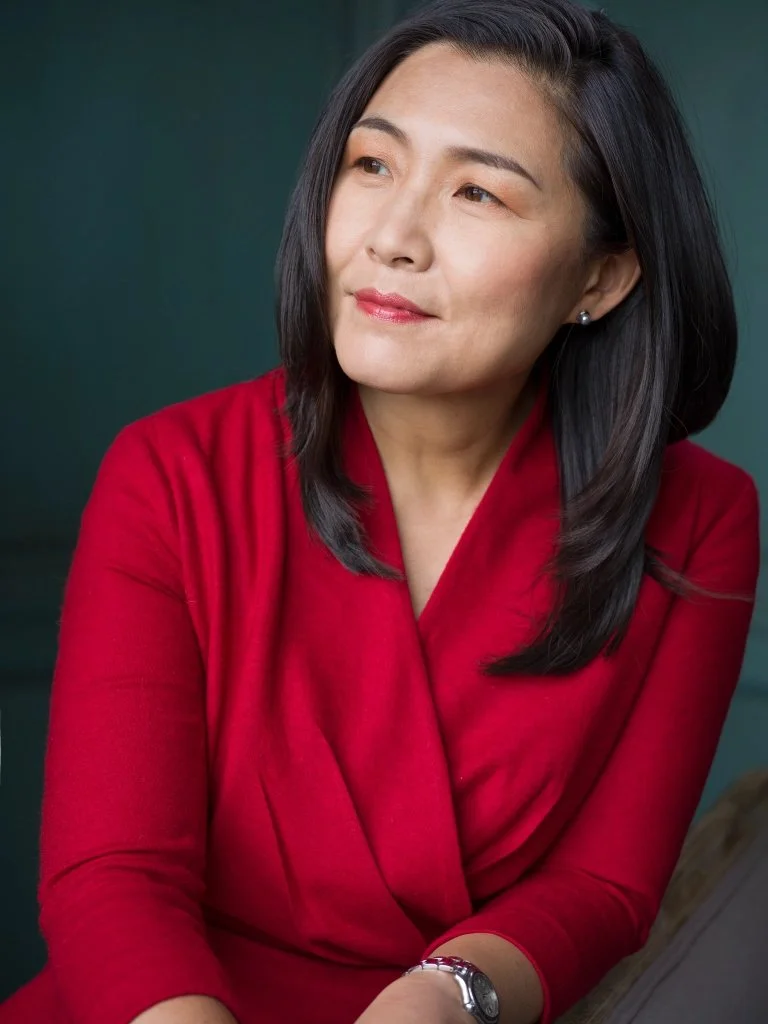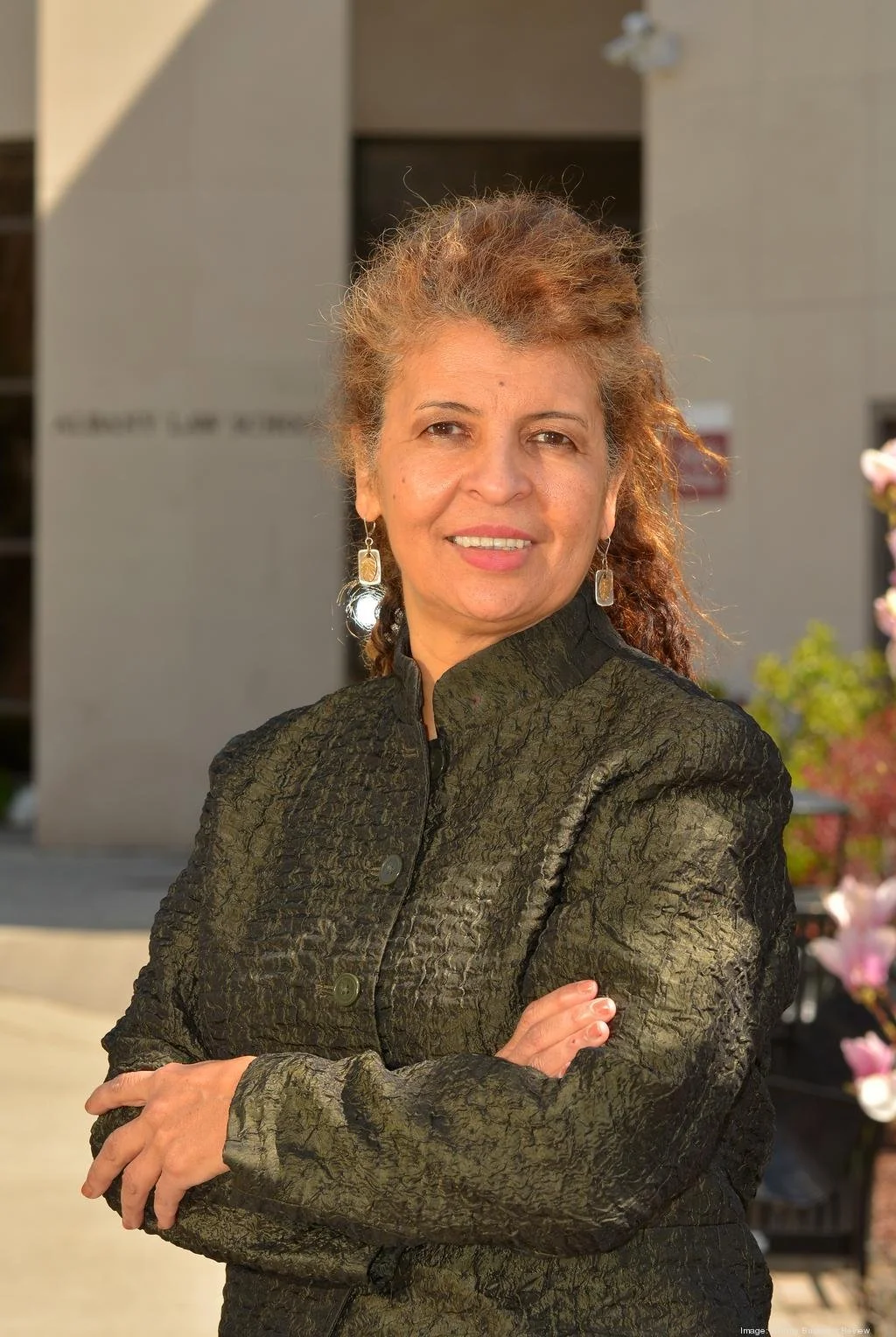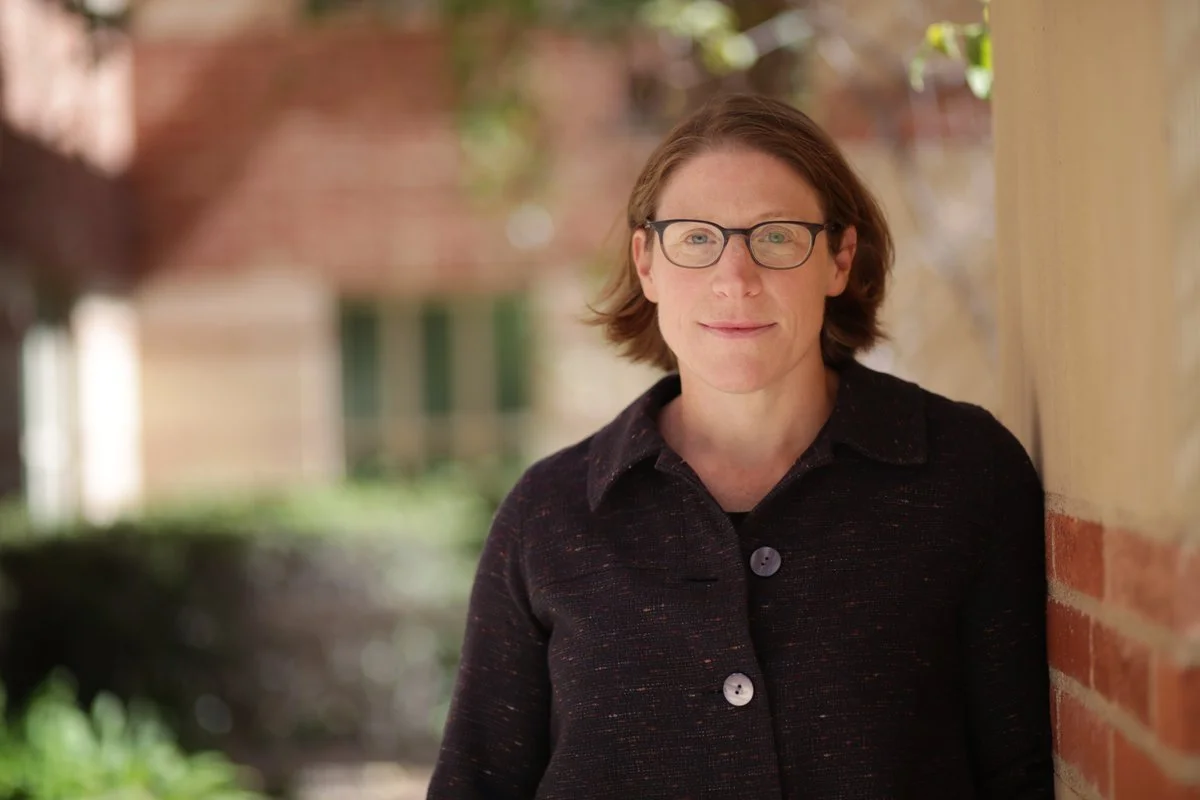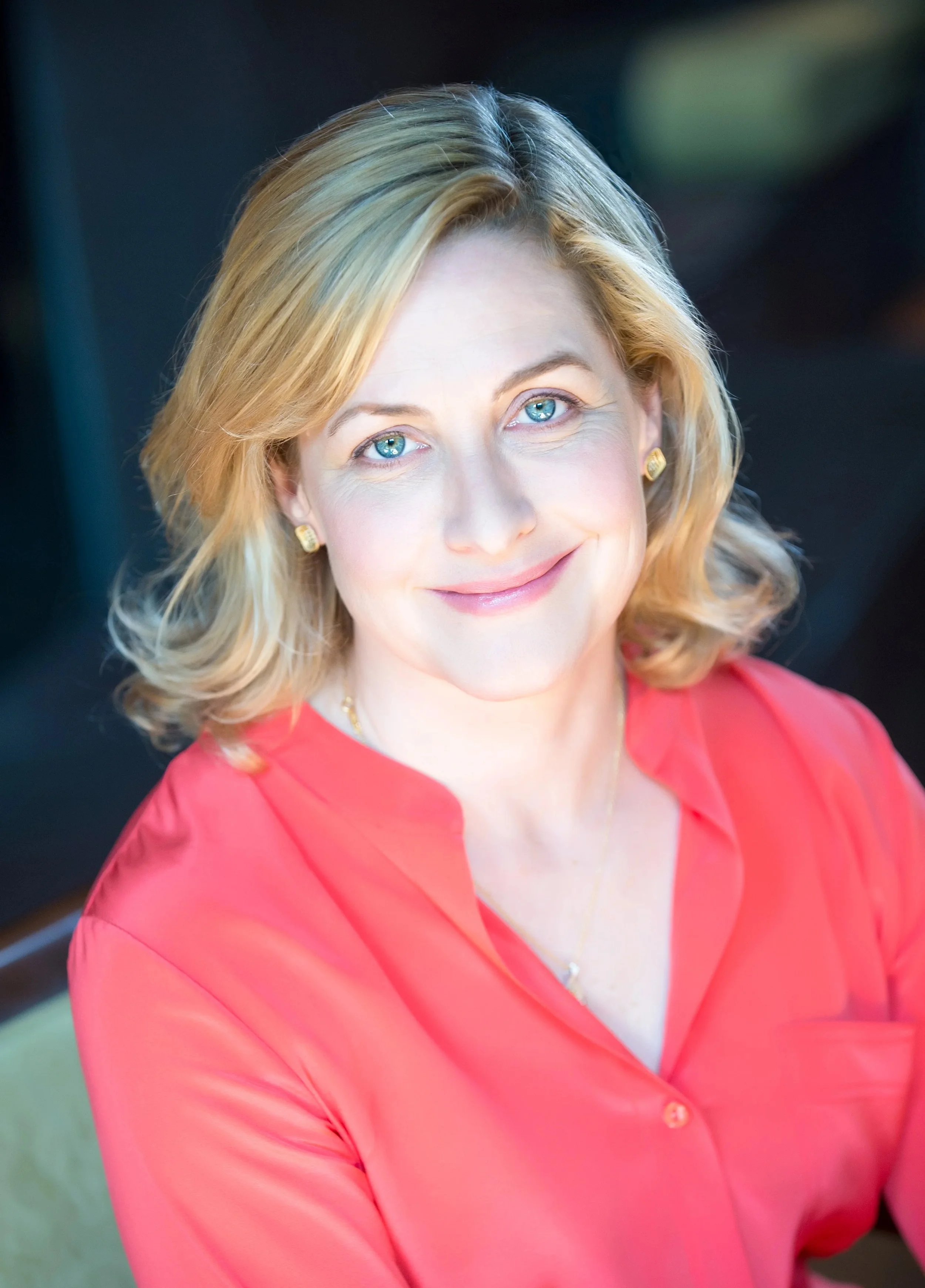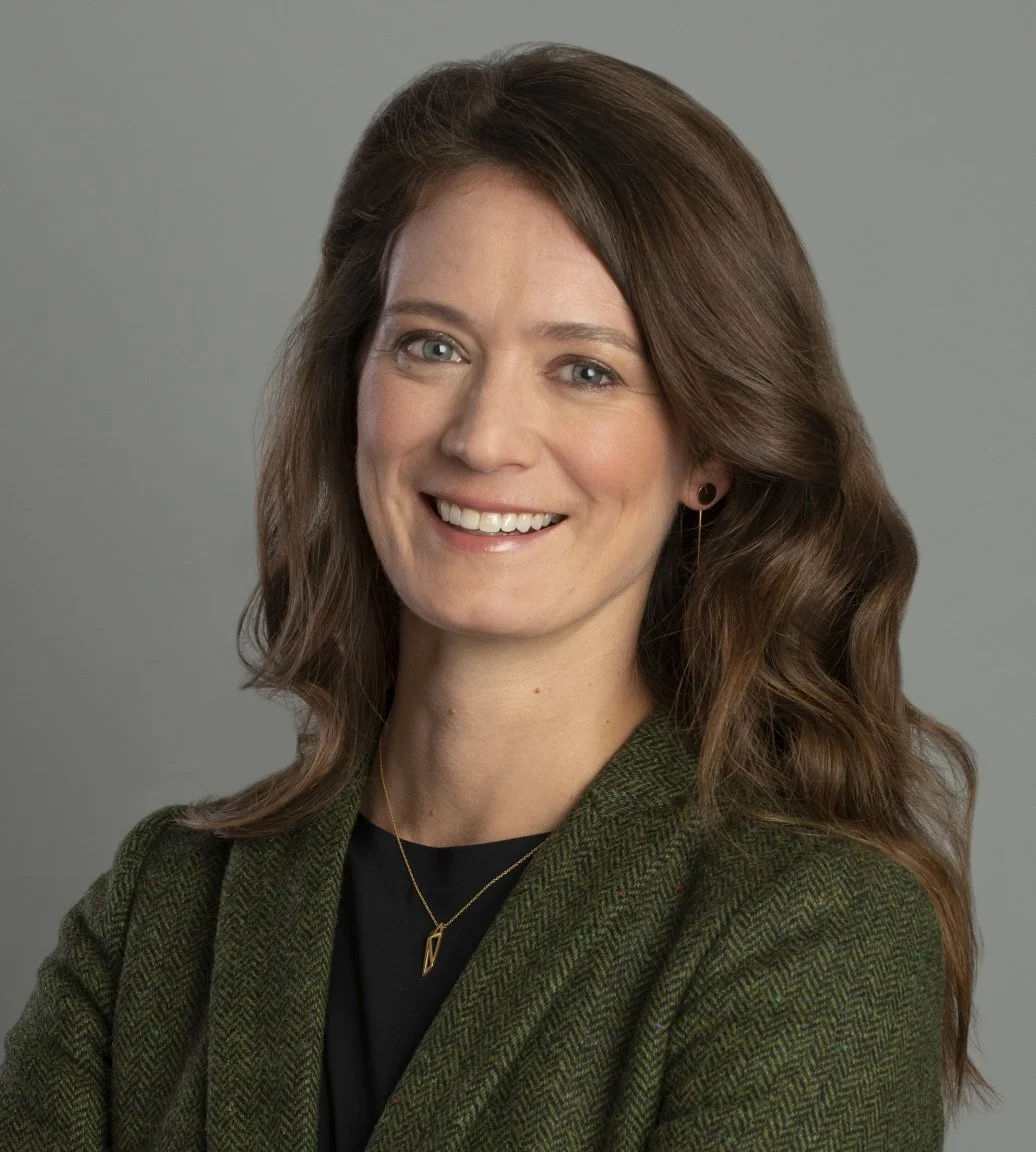Our Mission
The ERA Project at Columbia Law School’s Center for Gender and Sexuality Law is a law and policy think tank established in January 2021 to develop academically rigorous research, policy papers, expert guidance, and strategic leadership on the Equal Rights Amendment (ERA) to the U.S. Constitution, and on the role of the ERA in advancing the larger cause of gender-based justice.
The ERA Project does not engage in lobbying, but instead develops academic, legal, and policy expertise to support efforts to expand protections for gender-based equality and justice.
-
The ERA Project is based at Columbia Law School’s Center for Gender & Sexuality Law (CGSL or the Center). CGSL is the first and most prominent law school-based policy center devoted to translating academic legal research into real-world change and training the next generation of lawyers/advocates fighting for gender and sexual justice.
The Center’s faculty, staff, and team of researchers develop rigorous policy analysis and strategic thought leadership on cutting-edge issues at the intersection of gender, sexual, reproductive, racial justice, and religious liberty. In addition to the ERA Project, CGSL is also the home to the Law, Rights & Religion Project.
-
The Law, Rights & Religion Project (LRRP) at Columbia Law School’s Center for Gender & Sexuality Law is a law and policy think tank that promotes social justice, freedom of religion, and religious pluralism. LRRP develops strategic thought leadership on the complex ways in which religious liberty rights interact with other fundamental rights.
Our Team
Ting Ting Cheng (she/her) ∙ Director
Ting Ting Cheng is the Director of the Equal Rights Amendment (ERA) Project at Columbia Law School’s Center for Gender and Sexuality Law where she develops academically rigorous research, expert guidance, and strategic leadership on adding explicit sex equality to the U.S. Constitution and on the role of the ERA in advancing the larger cause of gender-based justice.
Before joining the ERA Project in 2021, she litigated gender discrimination cases at Legal Momentum (formerly the NOW Legal Defense and Education Fund) and was the Legal Director of the Women’s March on Washington on January 21, 2017, helping to organize the largest single-day protest in US history. Earlier, she was a public defender and immigration attorney at Brooklyn Defender Services, which piloted the first universal representation model for immigrant defense in the U.S. In addition, Ting Ting clerked at the Constitutional Court of South Africa for Justice Albie Sachs and Justice Edwin Cameron.
Ting Ting has written for a range of publications, such as Ms. Magazine, Harvard Social Impact Review, the American Bar Association’s Perspectives Publication, and the State Court Report, and has offered commentary for numerous media outlets including CNN, NPR, New York Magazine, Bloomberg News, Philadelphia Inquirer, and The 19th.
Ting Ting serves on the Boards of the Alice Paul Institute, North Star Project, Vital Strategies, and Period Law.
Ting Ting was a Fulbright Scholar in South Africa and received the Amy Biehl Award (given to the highest-ranking Fulbright applicant). She was also honored by Bard College with its John Dewey Award for Distinguished Public Service.
Ting Ting earned a juris doctor degree from the City University of New York School of Law, where she was the Public Interest Practice Editor of the New York City Law Review and a bachelor's degree from Bard College where she studied music composition and human rights. As a youth, she was a concert oboist and performed with orchestras in the United States, including the American Symphony Orchestra.
Naomi Mo Chee Young (she/her) ∙ Law & Policy Associate
Naomi Young is a Policy Associate at the Equal Rights Amendment (ERA) Project at Columbia Law School’s Center for Gender and Sexuality Law. Previously, she worked as a Senior Staff Attorney managing the Financial Freedom Project at Her Justice, where she started as an Equal Justice Works Fellow. As an attorney at Her Justice, Naomi provided direct legal services and mentored pro bono attorneys representing women living in poverty in New York City matrimonial, Family Court, and consumer debt matters.
From 2020-2023, Naomi co-chaired New York City's Domestic Violence & Consumer Law Working Group and advocated for policy reforms relating to economic abuse and consumer debt. Naomi obtained her J.D. at the City University of New York School of Law as a Graduate Fellow and a Sorensen Center for International Peace & Justice Fellow. She obtained her B.A. from Allegheny College.
Katherine Franke (she/they) ∙ Founder & Faculty Director
Katherine Franke is the James L. Dohr Professor of Law at Columbia University and Director of the Center for Gender & Sexuality Law. Professor Franke is the founder and faculty director of the ERA Project. She is also on the Executive Committees of Columbia’s Institute for the Study of Sexuality and Gender, and the Center for Palestine Studies. She is among the nation's leading scholars writing on law, sexuality, race, and religion drawing from feminist, queer, and critical race theory. Professor Franke is also the founder and faculty director of the Law, Rights, and Religion Project, our sister project at the Center for Gender & Sexuality Law.
Professor Franke is currently leading a team that is researching Columbia Law School’s relationship to slavery and its legacies. Her first book, Wedlocked: The Perils of Marriage Equality (NYU Press 2015), considers the costs of winning marriage rights for same-sex couples today and for African Americans at the end of the Civil War. She was awarded a Guggenheim Fellowship in 2011 to undertake research for Wedlocked. Her second book, Repair: Redeeming the Promise of Slavery’s Abolition (Haymarket Press 2019), makes the case for racial reparations in the United States by returning to a time at the end of slavery when many formerly enslaved people were provided land explicitly as a form of reparation, yet after President Abraham Lincoln was assassinated the land was stolen back from freed people and given to former slave owners.
Our Advisory Board
-

Wade Leak
Deputy General Counsel, Sony Entertainment
-

Bari Harlam
C-Suite Executive, Marketer, Educator
-

Marcy Syms
President, Sy Syms Foundation
-

Susan Bevan
President, Bevan-Daddino Foundation
-

Marianne Stack
-

Liz Young
Fellow, Oxford University Centre for Corporate Reputation, Said Business School
-

Nia Cross Castelly
– Former Board Member –
Co-Founder & Legal Lead, Google Checks
-

Candace Straight
Private investor, film producer, and tireless champion for gender equality
Our Academic Advisory Council










